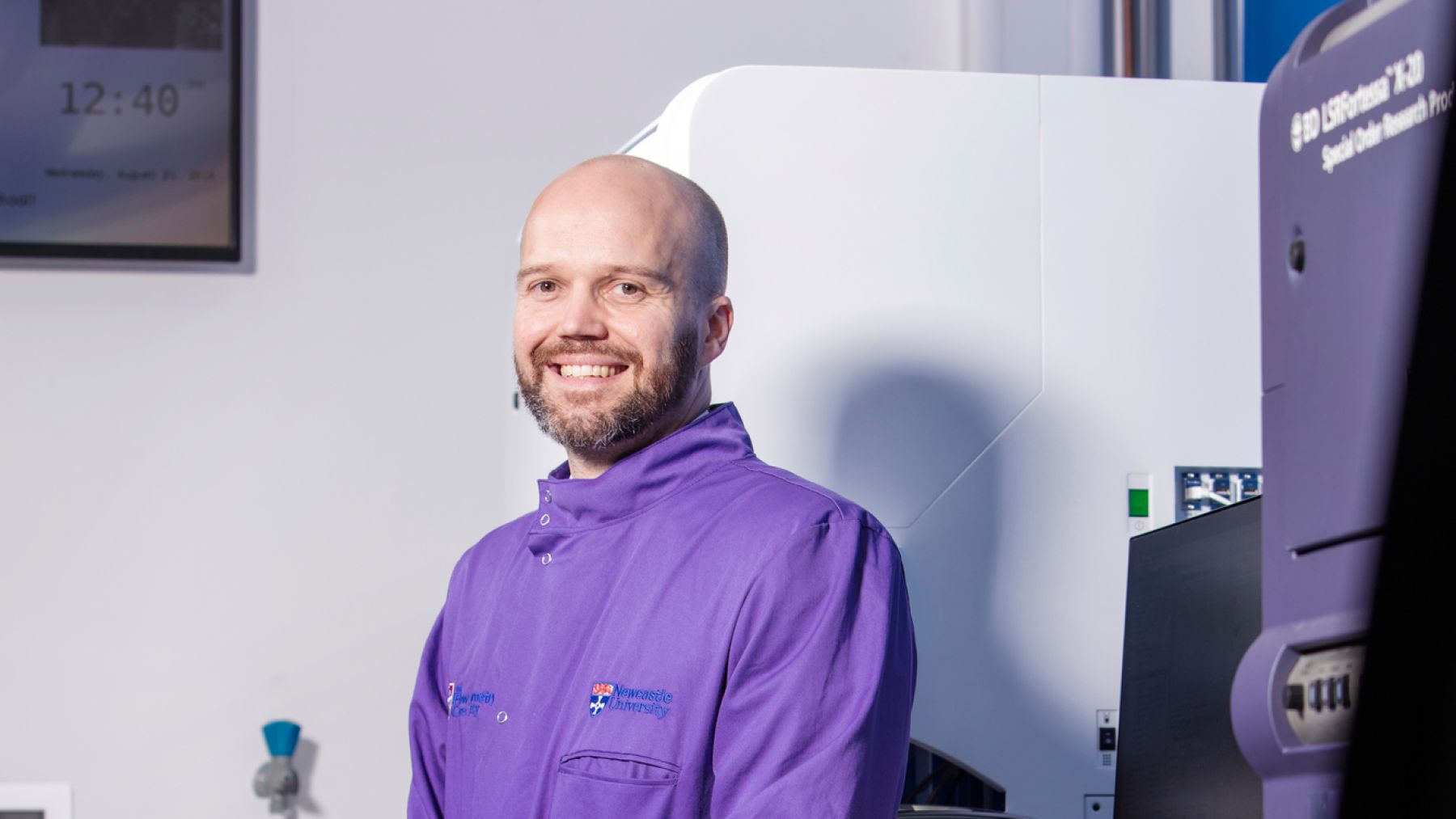Over the past 6 years, we’ve seen a cultural transformation for the technical community driven by the ground-breaking work of the Gatsby-funded Technician Commitment and the Research England funded Midlands Innovation TALENT Programme. These have heralded a paradigm shift in how technicians and technical staff are perceived within the Higher Education (HE) sector and beyond. They have also driven positive change around how technical staff are engaged by UK funding agencies with new opportunities to apply for grants as well as be part of peer review panels. The Technician Commitment now has over 115 supporter and signatory institutions from across the UK and recently announced the University of Sydney, Australia as its first international signatory. Furthermore, the TALENT Commission report, published in February 2022, paints a very clear picture of the challenges facing the UK technical community and provides a set of 16 recommendations that are specifically formulated to overcome these. The 16 recommendations are targeted at both employers and funding agencies as well as government, policy makers and the technical community itself in order to provide a truly multi-faceted approach to ensuring the UK has the technical skills and careers needed to enable world-class education, research and innovation. There is no doubt that the work to date, much of it technician led, exemplifies the phrase “Technicians Make it Happen”. And now it is time for a new exciting chapter, the establishment of the new UK Institute for Technical Skills & Strategy.
Heralding new beginnings
In late 2022, funding was secured from Research England’s Development (RED) Fund to enact the TALENT Commission’s recommendation to create a UK Institute for Technical Skills and Strategy (UK-ITSS). This ground-breaking new institute was formally announced on 7th March 2023 and will be based at the University of Nottingham. UK-ITSS will officially open its doors on 1st of August this year (2023) and is a collaboration between numerous partners including the Gatsby Foundation, Universities UK, Royal Society, Advance HE, NCUB, Science Council, Royal Society of Chemistry, Institute of Physics, Royal Society of Biology and others.
The UK ITSS will initially be composed of 4 interacting hubs:
Insight: a research hub focussed on technical roles, skills, careers, education, and training
Influence: a policy hub, working with partner organisations and the extended Technician Commitment community to inform, influence and interpret policy pertaining to technical roles, skills and careers in HE and research
Innovation: a practice hub to develop and evaluate innovative approaches and interventions to drive to culture change before rolling them out across the sector
Integration: an engagement hub to continue to build a strong community of practice and to connect the technical community to government, professional and funding bodies as well as other key organisations
Shaping the present, forming the future and leaving a legacy
The Institute will be led by a Director with the support of a management board with oversight coming from a dedicated Advisory Board with key sector representatives. However to embed a culture of technical leadership there will also be a newly formed Technical Council, which will be created via self-nomination using the Expression of Interest (EoI) form here. The resulting selection process will encourage the inclusion of new voices, with members serving 2-year terms to ensure a regular refresh of the sitting membership. The Council will meet quarterly to advise the UK-ITSS on the needs of the community, inform work stream progress and provide input on the assessment of various internal submissions. They will also act as ambassadors for the Institute and its activities, playing a fundamental part in how the UK-ITSS maintains its authenticity as the voice of the technical community. Paul Gilbert, a Technical Manager from the University of Liverpool and Chair of the UK Technical Managers in Universities network, and myself, the Director of the Flow Cytometry Core Facility at Newcastle University, have been asked to co-chair the new Council, to provide both technical managerial and specialist perspectives. We’re both very keen to ensure that the Council has a strong diversity across its membership – in every sense of the word - in terms of subject discipline, grade, background, experience and more. If you’re in a technical role in a UK university or research institute, we strongly encourage you to express your interest in joining the Technician Council by completing this short form by April 21st – available here.
As a technical specialist, I believe there has never been a more exciting time to be a technician, the seeds of change have been sown and the UK-ITSS will provide the nurturing energy to see those seeds flourish into a harvest of opportunity for the technical community.
Great teams are built from diversity
The term “technician” covers a broad church of different job roles, skills, specialities and working environments. It can encompass anyone from librarians to animal technicians; from sound engineers to electron microscopists. Diversity in all possible definitions of the word is so important to any team, especially one that needs to represent the authentic voice of the UK Technical community. We really hope that this wonderful diversity will be represented within the entire UK ITSS, but in particular within the Technical Council. This blog was written with the express purpose to hopefully make you the reader say to yourself and to others that “I can see myself as part of the Technical Council” no matter your area of technical expertise, or career stage. Come and join us and help us to work together to make real, lasting positive change for the technical workforce here in the UK and further afield. The UK-ITSS Technical Council very much needs you!


